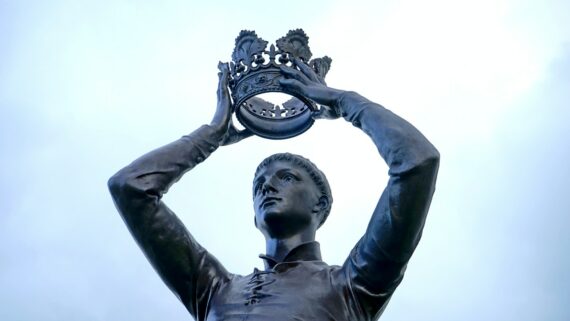If you wish to achieve professional proficiency in English or score well in examinations and admission tests such as the GRE Exam (or GRE Verbal, GRE English Practice Tests etc.), the GMAT Exam (or GMAT English, GMAT English Practice Test etc.) or the Common Admission Test (CAT), you must have […]
You will need a licence if you wish to go beyond this point. But if you do manage to go ahead, a few good words will be waiting for you.
Do you seek guidance from someone during tougher times? Don’t worry if can’t you will still do just fine. Here’s something to cheer you up….
Something as ancient as sewing must have influenced our language. But how? Let’s find out….
What’s that amongst those clouds? A bird? A Plane? Superman….? Oh, never mind! It’s a word….
The rulers of the past gave us words that we use in the present. Here are a few that still have the royal essence…
Agents needs to be agile, both mentally and physically to ‘do’ their job. But what is it that they actually do?
Mere virtues don’t make someone a virtuoso. Nor do they make someone virile. So what makes someone a virile virtuoso?
What leads to anarchy? One of the answers is in the word itself. Here’s something to help you break it down…
Fathers are their child’s superheroes. Their superpowers have been documented well in dictionaries.
If you were asked to write down everything your father did for you in a single page, it would have been a difficult task to say the least. Same here..
These few words will make you…I mean, your vocabulary, rich. Take your share before everyone finds out….
Do you presume? Or do you assume? Here’s a handy guide that will help you answer the question….
The Proletarians have nothing to lose but their chains. They have a world to win. You, on the other hand might win some words….
There’s a pedagogue in everyone’s life. If you disagree, you might not know what the word means. But that’s what we’re here for….



















